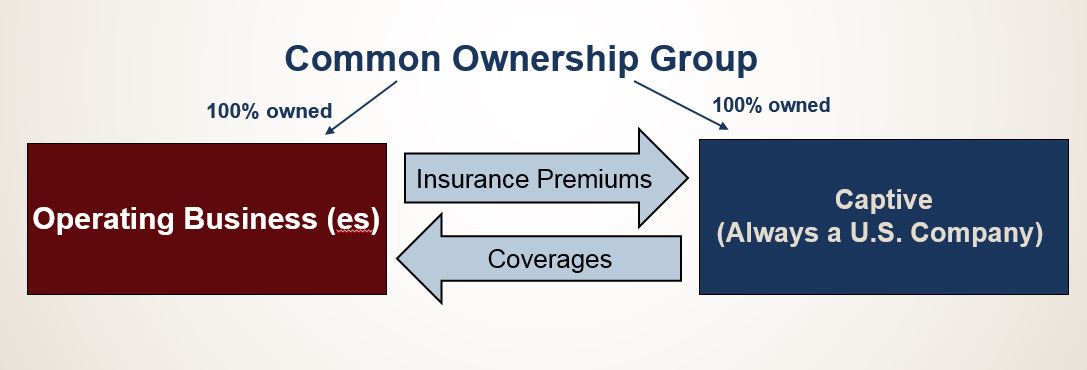Entire life and universal life insurance coverage are both considered permanent policies. That means they're designed to last your whole life and will not expire after a certain time period as long as required premiums are paid. They both have the potential to collect cash worth over time that you may have the ability to obtain versus tax-free, for any factor. Due to the fact that of this feature, premiums may be greater than term insurance. Entire life insurance policies have a fixed premium, implying you pay the very same amount each and every year for your protection. Much like universal life insurance, whole life has the potential to build up cash worth with time, developing an amount that you may be able to borrow against.

Depending upon your policy's possible cash value, it might be utilized to avoid a premium payment, or be left alone with the prospective to accumulate value gradually. Potential growth in a universal life policy will differ based on the specifics of your private policy, along with other aspects. When you purchase a policy, the providing insurance coverage business establishes a minimum interest crediting rate as detailed in your agreement. However, if the insurance company's portfolio earns more than the minimum rates of interest, the company might credit the excess interest to your policy. This is why universal life policies have the potential to make more than a whole life policy some years, while in others they can make less.
Here's how: Because there is a cash worth part, you may have the ability to avoid exceptional payments as long as the money value suffices to cover your required expenditures for that month Some policies might enable you to increase or decrease the death advantage to match your particular circumstances ** In most cases you may obtain versus the cash value that may have accumulated in the policy The interest that you might have made in time builds up tax-deferred Entire life policies offer you a repaired level premium that won't increase, the prospective to build up money worth over time, and a repaired death advantage for the life of the policy.
As an outcome, universal life insurance premiums are usually lower throughout durations of high interest rates than entire life insurance coverage premiums, often for the same quantity of coverage. Another key distinction would be how the interest is paid. While the interest paid on universal life insurance is frequently adjusted monthly, interest on an entire life insurance coverage policy is normally adjusted every year. This could imply that throughout durations of increasing interest rates, universal life insurance policy holders may see their cash values increase at a fast rate compared to those in whole life insurance coverage policies. Some individuals may choose the set survivor benefit, level premiums, and the potential for development of a whole life policy.
Although whole and universal life policies have their own special features and benefits, they both concentrate on providing your loved ones with the money they'll require when you pass away. By working with a qualified life insurance agent or business representative, you'll be able to pick the policy that finest fulfills your specific needs, spending plan, and monetary objectives. You can also get afree online term life quote now. * Offered necessary premium payments are timely made. ** Boosts might go through extra underwriting. WEB.1468 (What is liability insurance). 05.15.
Examine This Report on What Is Private Mortgage Insurance
You do not have to guess if you need to register in a universal life policy since here you can find out all about universal life insurance benefits and drawbacks. It's like getting a sneak peek before you buy so you can decide if it's the ideal kind of life insurance coverage for you. Continue reading to learn the ups and downs of how universal life premium payments, money value, and death benefit works. Universal life is an adjustable kind of irreversible life insurance coverage that allows you to make modifications to 2 main parts of the policy: the premium and the death advantage, which in turn impacts the policy's cash value.
Below are some of the overall pros and cons of universal life insurance coverage. Pros Cons Created to offer more versatility than entire life Doesn't have the ensured level premium that's available with whole life Money worth grows at a variable rate of interest, which could yield greater returns Variable rates also suggest that the interest on the cash worth might be low More chance to increase the policy's money value A policy normally needs to have a favorable money worth to stay active Among the most appealing functions of universal life insurance coverage is the ability to pick when and how much premium you pay, as long as payments satisfy the minimum quantity required to keep the policy active and the Internal Revenue Service life insurance standards on the optimum amount of excess premium payments you can make (How much is renters insurance).

However with this versatility also comes some disadvantages. Let's review universal life insurance pros and cons when it comes to changing how you pay premiums. Unlike other kinds of permanent life policies, universal life can adapt to fit your monetary needs when your cash circulation is up or when your budget is tight. You can: Pay higher premiums more regularly than required Pay less premiums less frequently and even avoid payments Pay premiums out-of-pocket or utilize the cash worth to pay premiums Paying the minimum premium, less than the target premium, or skipping payments will negatively impact the policy's cash value.